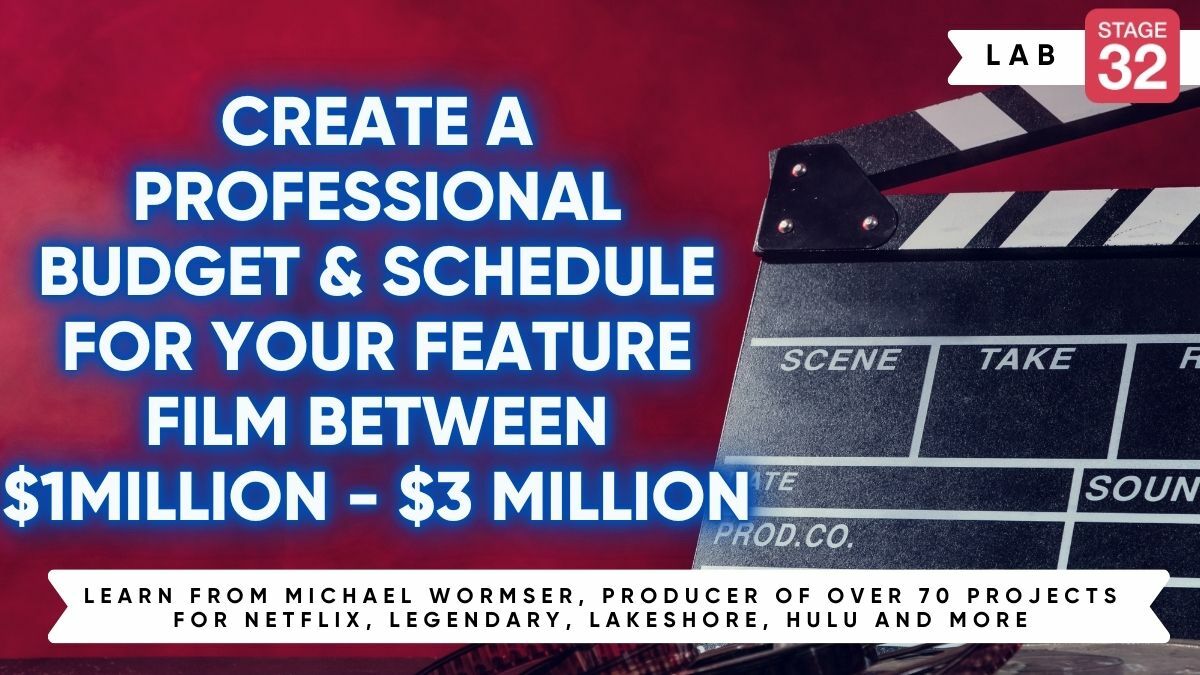I’ve spent the past two weeks adapting a famous novel to a screenplay. In the past, I’ve adapted my own novel, which was one of my early scripts. I also adapted three of HP Lovecraft’s public domain short stories. However, this was the first novel from another writer I have ever tackled. For me, this one seemed fairly easy because I completely got rid of the subplot and whittled down the characters considerably. I also added an opening scene that was not in the novel. I’m attaching an article written by Stage 32 member and script consultant Danny Manus. As far as good, usable information, it’s one of the best articles I’ve posted here. Have you ever adapted a novel into a screenplay? If so, what was your process?
http://www.scriptmag.com/features/craft-features/adapting-a-book-into-a-...




1 person likes this
Depends on the timeline. If I'm in no rush, then I make a first pass at seeing what it looks like to get a near to complete adaptation to script format. So I don't cut anything and try my best to get as much as I can from the book on the page exactly as it's written. From there I take a look at the time needs, (feature vs series, etc) and see how much needs to disappear. Then I'll take a closer look at what the main arc is through the story and which of the subplots or character/emotional arcs matter most to the story. From what's been cut you have to analyze in any small elements are needed back in the story and how to do it. This is usually where I start to cut or combine characters, scenes, and compress the timeline, if needed. From this point on it gets pretty specific to the story. You have to make sure it still feels like the right story from a tone and theme point of view. However, at the same time, your #1 job is not to be faithful to the original material in every line you create, but to create a really, really good movie. Make the new original. Not a less effective variation of two formats that have almost nothing in common. Just my two cents.
My adaptation of Hoffmann's Nutcracker and Mouse-King was a good etude in developing my screenwriting craft.
But an evaluation I bought over at the Black List, tho mostly crap, did make two valid points: 1) A writer must develop her own storytelling voice, and 2) Consider the market potential of a screenplay before starting to write.
3 people like this
So far I wrote 2 adaptions and agree to Dan Guardino. They were completely different and the easiest way how to get into the process is indeed to retype it in your screenwriting program to bring it in script format.
But this depends on how well written your original book is. I recently got a crime story, a series of books, and I was asked to adapt them and direct the films - but after I read the book I denied both jobs. This because I knew immediately my script version would be completely different and the author of the book series -who was the one who wanted to hire me- wouldn't accept it. So, when you can already see that the structure of the story wouldn't work on screen don't retype the original but work with it as a plot.
Dan Guardino Congrats to the collaboration with Judy Norton, I really like her. So, how did you make that happen?
Dan Guardino - Now I'm a little jealous. How can such things happen?
Dan G, please explain your The Waltons reference. It was immensely popular, and was commercially successful over its 9-season run, won two Golden Globes and 18 other awards, was nominated for 56 others etc.
Haven't done it yet for money but Im practicing now with comic books than novels. Plus it's a younger rowdy audience at San Diego Comic Con than New York Book Con.